
In contemporary industries, the efficient management of water resources is paramount for both operational effectiveness and environmental sustainability. One pivotal component driving this innovation is the service water pump, a crucial apparatus that facilitates the reliable transport and distribution of water across various applications. These pumps play an essential role in optimizing water usage, reducing waste, and ensuring a consistent supply in manufacturing processes, cooling systems, and other critical operations. By integrating advanced technology and improved design, service water pumps not only enhance the efficiency of water management but also contribute to significant energy savings and reduced operational costs. This article explores the transformative impact of service water pumps on modern industrial practices, highlighting their contributions to achieving sustainable and efficient water management solutions.
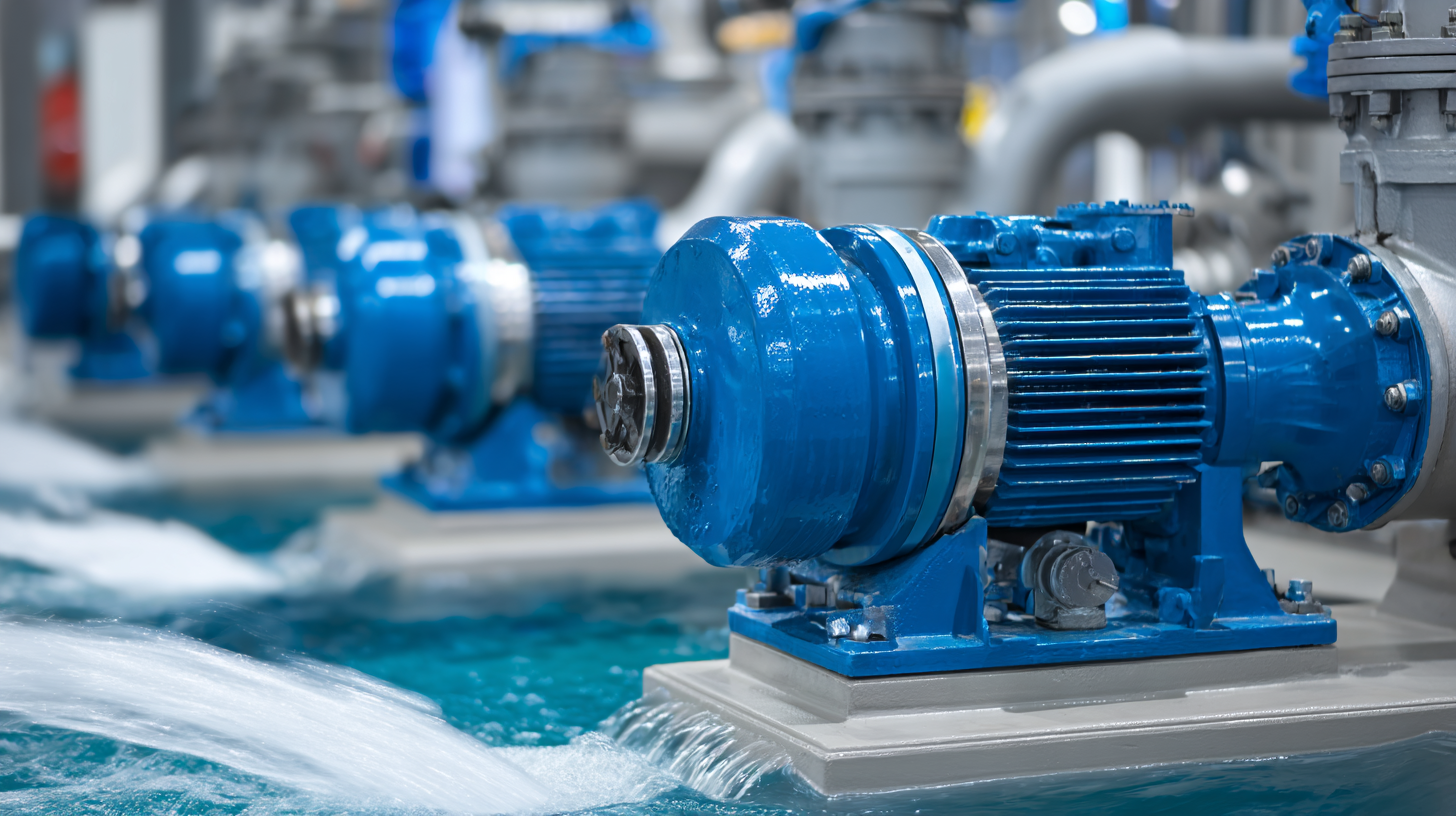
Service water pumps play a pivotal role in enhancing industrial water efficiency by providing a reliable and cost-effective solution for managing water resources. In modern industries, where water usage is critical, these pumps are designed to optimize the flow and distribution of water for various processes. By ensuring that service water is delivered precisely where and when it is needed, industries can significantly reduce waste and improve overall operational efficiency.
Moreover, the integration of advanced technologies in service water pumps, such as variable frequency drives and automated controls, allows for greater adaptability and efficiency in water management systems. This technological evolution not only minimizes energy consumption but also enhances the lifecycle management of water resources, enabling industries to maintain compliance with environmental regulations while also pursuing sustainability goals. By investing in high-efficiency service water pumps, industries can streamline their processes, reduce operational costs, and contribute to a more sustainable water management framework.
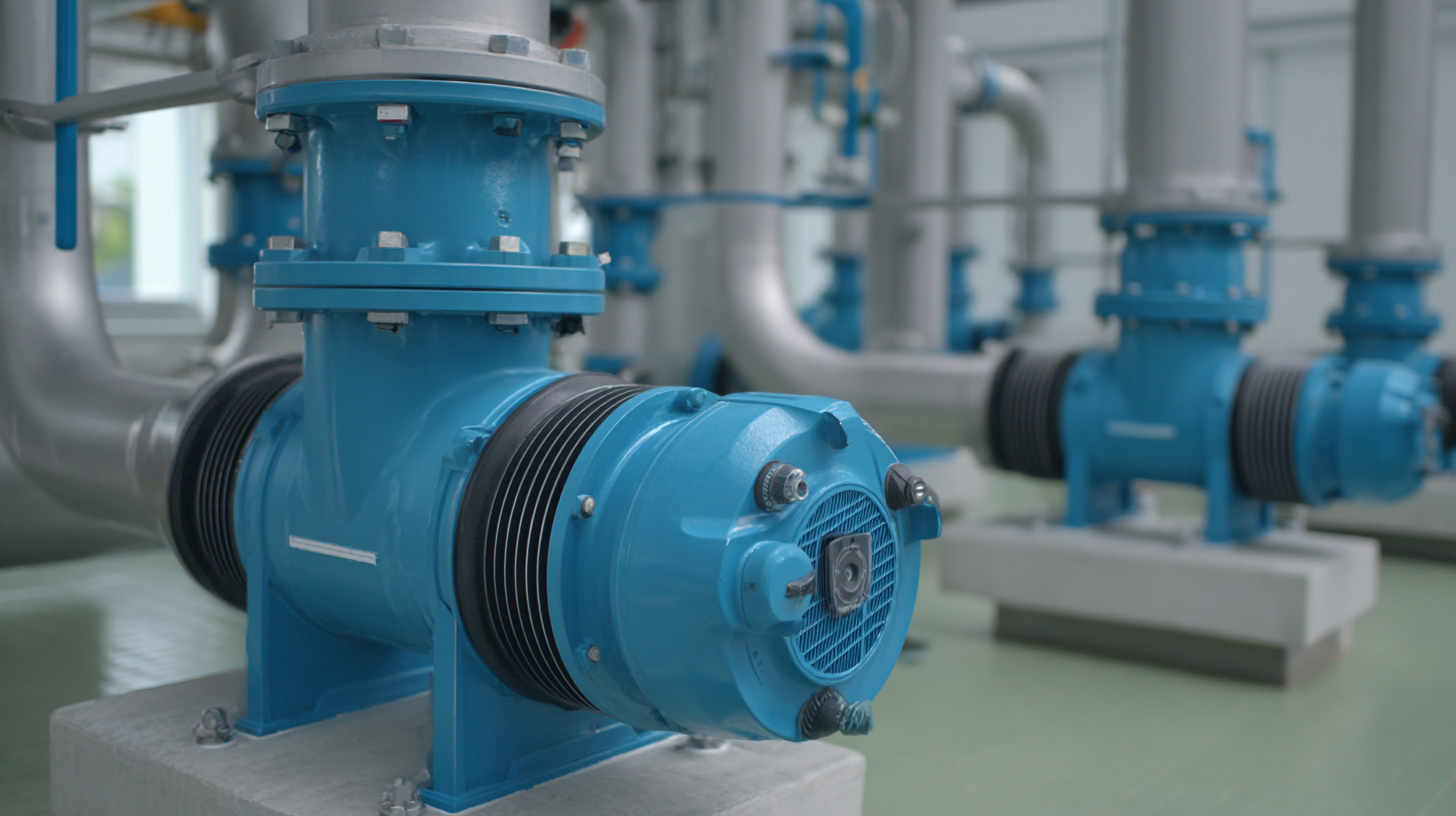
In today's rapidly evolving industrial landscape, the importance of efficient water management cannot be overstated. Technological advancements in modern water pump systems have paved the way for enhanced performance, reliability, and sustainability. Innovations such as variable frequency drives (VFDs) allow pumps to adjust their speed based on real-time demand, leading to significant energy savings and reduced wear and tear on equipment. Additionally, smart sensors integrated with these systems provide data analytics that facilitate predictive maintenance, ensuring that potential issues are identified before they lead to costly downtime.
Tips for choosing the right service water pump include assessing the specific needs of your operations, such as flow rate and pressure requirements. Researching the efficiency ratings of different models is crucial, as higher efficiency can result in lower operational costs over time. Furthermore, consider the potential for future scalability; selecting pumps that can adapt to changing demands is essential for long-term viability.
Another technological advancement worth noting is the incorporation of IoT (Internet of Things) capabilities in modern pump systems. This connectivity enables remote monitoring and control, allowing operators to manage water flow and pump performance from anywhere. Emphasizing this capability can lead to more proactive management strategies and ultimately enhance water resource sustainability in industrial applications.
| Pump Type | Flow Rate (m³/h) | Power Consumption (kW) | Efficiency (%) | Application Area |
|---|---|---|---|---|
| Centrifugal Pump | 150 | 15 | 75 | Industrial Circulation |
| Submersible Pump | 100 | 7.5 | 85 | Wastewater Management |
| Diaphragm Pump | 50 | 3 | 90 | Chemical Transfer |
| Positive Displacement Pump | 75 | 5 | 80 | Food Processing |
Service water pumps play a crucial role in promoting sustainable water management across various modern industries. By efficiently transferring and managing water resources, these pumps minimize waste and ensure that operations run smoothly while conserving precious water supplies. In industries such as manufacturing, agriculture, and food processing, the integration of service water pumps allows for precise control over water usage, leading to significant reductions in overhead costs and environmental impact.
The necessity of service water pumps becomes even more pronounced as industries face increasing pressure to adopt sustainable practices. These pumps facilitate the recycling and reuse of water, turning what would typically be a waste product into a valuable resource. As companies strive to meet regulatory requirements and consumer expectations for sustainability, investing in advanced service water pump technology not only enhances operational efficiency but also reinforces their commitment to responsible water management. By addressing the growing challenges of water scarcity, these pumps emerge as a vital component in the efforts to create a more sustainable industrial future.
This chart illustrates the efficiency improvements in water management across various industries due to the implementation of service water pumps. It measures the reduction in water wastage and increase in recycling rates over a three-year period.
Efficient water pump solutions have become a cornerstone in modern industries, offering significant economic benefits that enhance overall productivity. By implementing advanced service water pumps, businesses can minimize energy consumption, leading to reduced operational costs. These pumps are engineered to operate at optimal efficiency, ensuring that water is distributed and recycled effectively. This efficiency not only lowers electricity bills but also extends the lifespan of pump equipment, further decreasing maintenance and replacement expenses.
Additionally, the integration of efficient water pump technologies improves process reliability. Industries that rely on consistent water supply, such as manufacturing and agriculture, benefit from fewer disruptions and enhanced output. By investing in high-efficiency pumping systems, companies can achieve sustainable water management practices, which are increasingly important in today’s environmentally conscious market. This shift not only contributes to a company's bottom line but also positions it as a leader in responsible resource management.
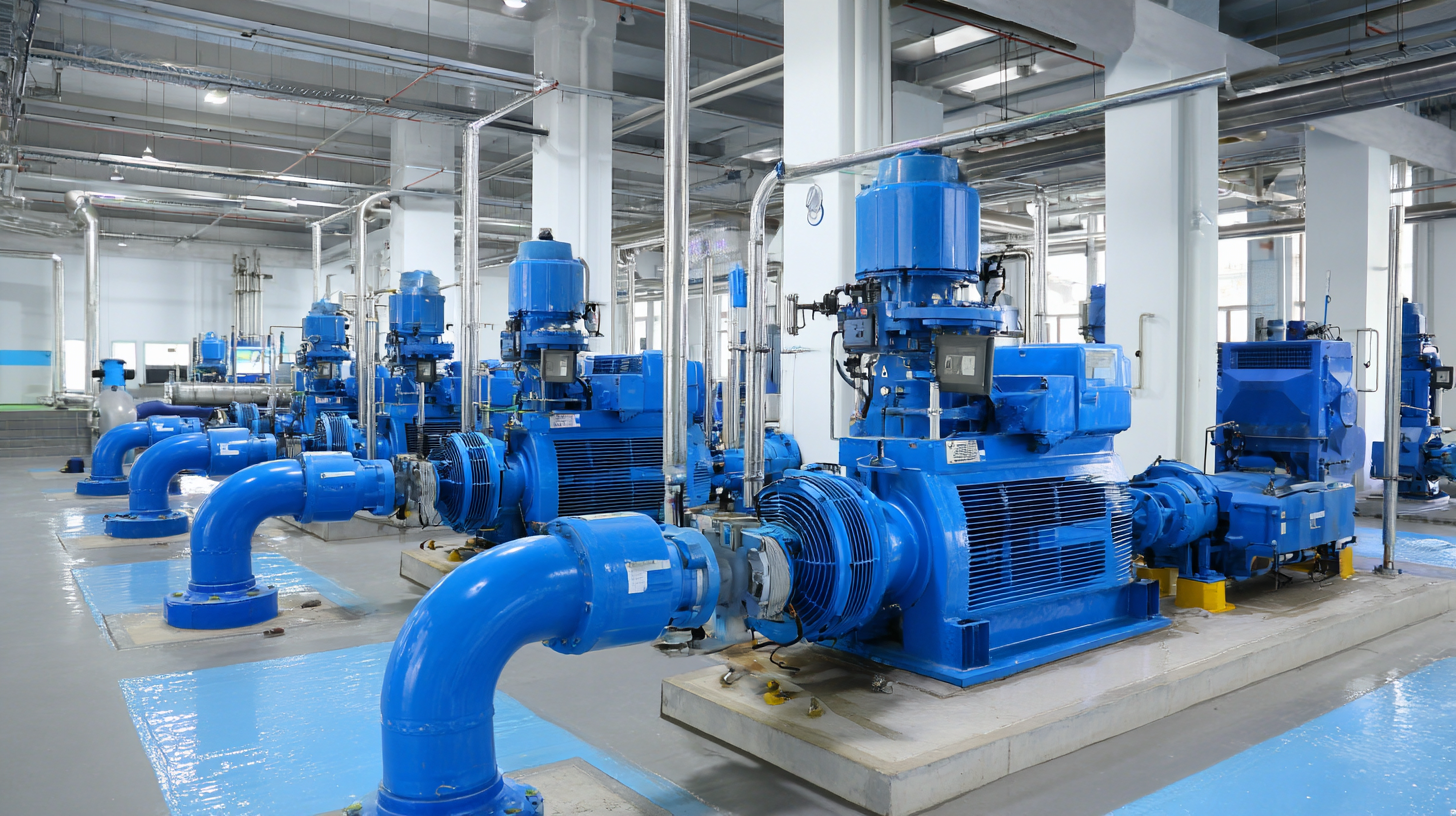
The environmental impact of optimized water pumping systems, particularly service water pumps, cannot be overstated in modern industries. These systems play a crucial role in reducing energy consumption and minimizing water wastage. By implementing advanced designs and technologies, such as variable speed drives and smart controls, industries can adapt their water usage more dynamically according to actual needs, rather than relying on outdated fixed systems. This flexibility not only conserves water resources but also significantly lowers the carbon footprint associated with water management processes.
Moreover, the integration of intelligent monitoring systems allows for real-time data collection and analysis, making it easier to identify leaks, inefficiencies, and maintenance needs. This proactive approach leads to enhanced operational efficiency and sustainability. By optimizing service water pumping systems, industries contribute to preserving vital ecosystems and ensure that water is managed responsibly, reflecting a commitment to environmental stewardship that resonates well beyond corporate walls. As organizations strive to meet regulatory requirements and consumer expectations for sustainability, the role of efficient water management systems will continue to grow in importance.
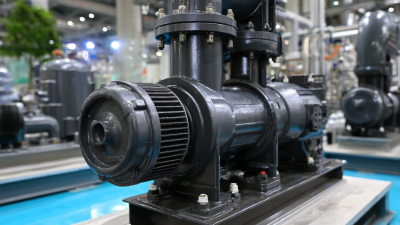



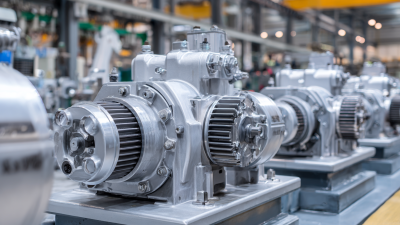
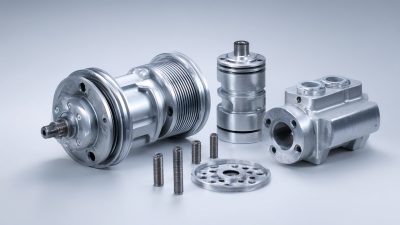
We are here to help you with all your queries and concerns, just write to us using the below form and we will get back to you as soon as we can.